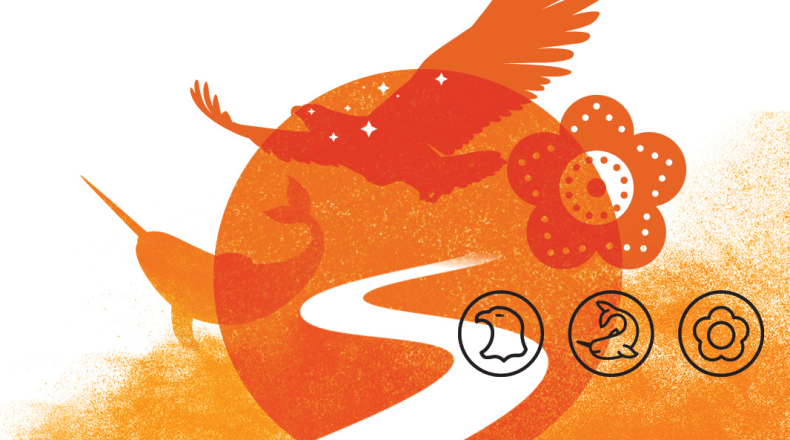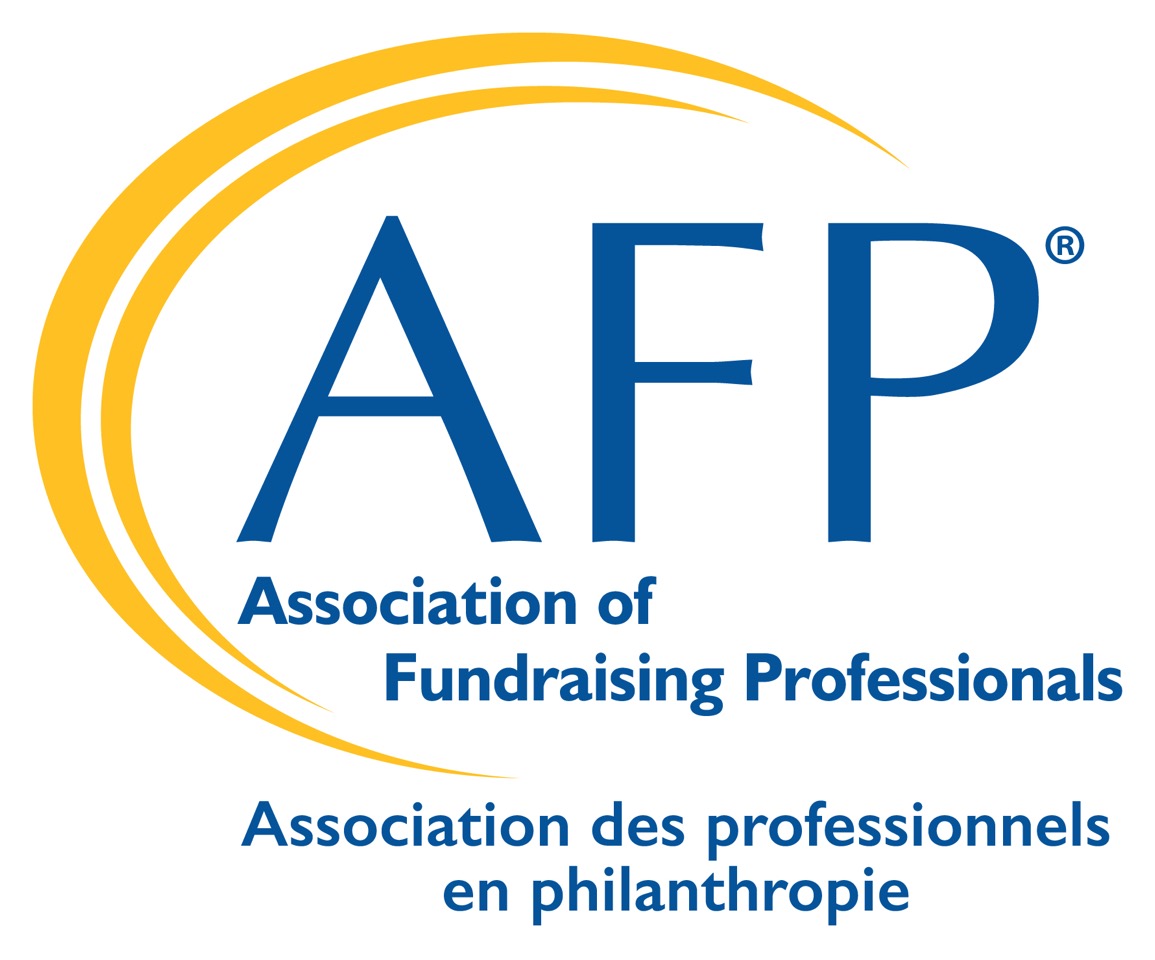On the Road to Truth and Reconciliation: Before Setting Out

Image source: The Government of Canada
In September 2021, the Action Identification Working Group on Truth and Reconciliation was formed as a joint initiative between AFP Canada and the AFP Foundation for Philanthropy - Canada boards. Its focus was to determine possible actions that AFP in Canada could take on Truth and Reconciliation. AFP Daily has created a three-part series, On the Road to Truth and Reconciliation, so members can learn about the working group, how it went about its work, what it learned and, ultimately, the actions it identified for AFP on Truth and Reconciliation. This is Part One in the series, Before Setting Out. Part Two, Travelling the Path, was published on November 3 and Part Three, Unpacking the Trip was published on November 10.
In the spring and summer of 2021, as the confirmation of unmarked burial sites on the grounds of former Indian residential schools in Kamloops, B.C., and in other parts of Canada hit the news, the wrenching grief of Canada’s Indigenous communities was put on international high-definition display.
For many non-Indigenous people, learning about this unacknowledged aspect of Canadian history—one well known to Indigenous communities—generated responses of shock, incomprehension, and not a small amount of panic. How could this be the world as we know it? How could we, as a country, ever have done this? Who do we blame? What can be done to mitigate the tragedy?
Rivers of statements articulating the sorrow on hearing news of the revelations, accompanied by vows to change, flowed from every corner of the political, cultural, and philanthropic spectrums. In the effort to do better, many non-Indigenous organizations, including nonprofits and charities, turned to the inadequately supported and traumatized communities themselves for assistance.
“Tell us what we need to do to help.”
"Yet the fact remained that asking Indigenous communities, devastated by the effects of colonialism, how we as non-Indigenous people can help fix the problem was as unrealistic as it was unfair.
Discussions began inside AFP about the situation and how the organization could develop a plan of action that had Indigenous input without burdening Indigenous leaders.
“When the horrors of what lay buried on the grounds of Indian residential schools was revealed in a more fulsome way by national and international media, I specifically did not want us to make a statement, without a commitment to action,” said Jennifer Johnstone, chair-elect of AFP Canada’s board of directors. “We had already had a year of people making declarations of solidarity after the murder of George Floyd with not much to follow it up. And we had to ask ourselves, this time, what’s going to be different?”
Johnstone set out to co-chair a working group with Susan Storey, CFRE, past chair of the AFP Foundation for Philanthropy – Canada, that would answer the question: What can we, as AFP in Canada, do?
Volunteers began to be recruited to join the working group whose mandate was to identify possible meaningful actions that AFP in Canada could take on Truth and Reconciliation. It would be a joint effort between AFP Canada and the AFP Foundation for Philanthropy – Canada boards.
“The work needed on Truth and Reconciliation aligns with AFP’s IDEA (Inclusion, Diversity, Equity and Access) initiative which has been a core part of our programming with chapters for many years,” said Storey. “The massive media coverage of the unidentified grave sites around Indian residential schools served to increase the urgency of engaging in a process of consultation and the creating of a plan of action uniquely suited to what AFP can effectuate.”
“There was a perception we should comment on the stories in the news,” said Darius Maze, CFRE, secretary of the AFP Foundation for Philanthropy - Canada, who would eventually join the working group. “The thing for me is that it always comes down to action. It’s one thing to issue a statement. It’s another thing entirely to talk about how we use our resources to address the situation, discuss the history of colonization and work with Indigenous communities. How are we going to work in reciprocity?”
Scott Fortnum, CFRE, ACFRE, treasurer of AFP Canada volunteered to be a member of the working group. “We have huge inequities in this country, especially when it comes to Indigenous communities,” he said, “and I was interested in authentic action; what we, as a member services organization, could do. As we set out on this work, we knew we didn’t know enough—we were each at different stages of our learning journeys—but, as our work progressed, we were gaining knowledge through research and learning from those with lived experience. Our challenge was to respond within the parameters of AFP’s mandate.”
“I’m new to these issues,” said Rea Ganesh, secretary of the board of AFP Canada, who had been involved in the joint strategic planning process for AFP Canada and AFP Foundation for Philanthropy - Canada in 2021.
“I didn’t have any expectations going in and I didn’t have a lot of knowledge, but I took the opportunity to do some research myself and to ask to myself. What can we do? What can I do?”
An important part of this process involved taking stock of the work that has taken place such as articles published by AFP and educational sessions like the one held at the 2019 Canadian Leadership Retreat in Vancouver.
At the chapter level, the AFP Manitoba chapter has been a leader in its work on Indigenous issues. Close to 20% of the population of Manitoba is represented by Indigenous people. In 2021, the Manitoba chapter became one of 39 signatories to the Winnipeg Indigenous Accord, a way in which Indigenous and non-Indigenous Winnipeggers can come together and explore reconciliation. The chapter also led the way in making an Indigenous cultural training program, developed by the Indigenous Leadership Development Institute, available to members in Manitoba, British Columbia, Alberta and Saskatchewan.
Sana Mahboob, a board member of both the Manitoba chapter and the AFP Foundation for Philanthropy - Canada, was asked to join.
“I received an email asking me if I’d like to participate in a working group around the same time as the media coverage of the unmarked graves on the grounds of Indian residential schools was at a peak,” she remembers. “I said yes, in the hope that I could do the assignment justice …
“I knew the other members of the working group going in, so I felt confident that it wasn’t going to be a “check box” exercise. Even though the Manitoba chapter has worked on Indigenous initiatives, I knew this task wasn’t going to be easy. Fortunately, I knew I was going to be in very good company. Plus, it seemed like the right thing to do at the right time.”
AFP in Canada and the members of this working group had great hopes for the impact of this important work. “We wanted an authentic and legitimate response to the horrific findings that Indigenous communities have been living with the knowledge of for many years,” said Fortnum.


